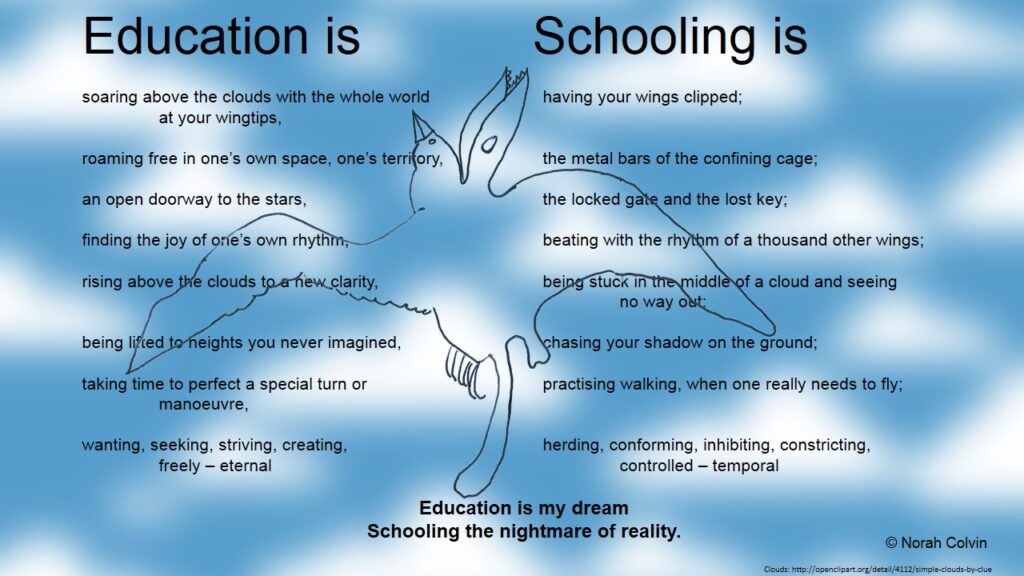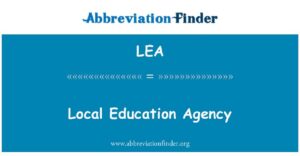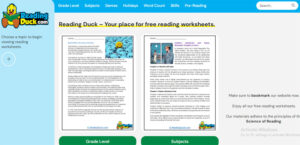School Vs Education – What’s the Difference?

School and education are often used interchangeably, yet their meanings differ. The primary distinction between these two words is that education refers to the process of learning while schooling refers to the act of attending school.
When selecting the ideal school for your child, several factors need to be taken into consideration: their age and educational level; tuition cost; and distance from home. Always do your research before making a final decision.
Schools provide young people with an opportunity to explore the world, develop social skills and lay a foundation for their future careers. Schools also provide students with an opportunity to boost their self-assurance levels as well as sharpen problem-solving and time management abilities.
Schools across the country offer a diverse selection of curriculums and programs for students to select from. While some may be more expensive than others, most provide quality education at an affordable cost.
Private schools typically boast better academic credentials than public ones due to their smaller class sizes and more personalized approach to instruction. Furthermore, these establishments tend to place less emphasis on test scores and have fewer regulations in place.
Private school teachers enjoy more autonomy and creative control over their teaching methods, allowing them to devote more time to lesson planning as well as spending more quality time with students.
They provide more opportunities to make their school a better environment for all students and can offer extra services and resources, helping it remain competitive in the educational arena.
Some parents opt for private schools because they believe their children will receive an education more challenging and superior to what is provided through public schools. Although this may mean paying more out-of-pocket, some parents believe it will enable their kids to excel in life.
Private schools have made great advances in diversity, particularly with the rise of ethnic and racial minorities in America. However, some experts contend that such diversity is often cultivated rather than organically by school officials.
Another advantage of private schools is their usually lower price point compared to public ones, making them more accessible for families with lower incomes.
They tend to be more affordable due to their smaller class sizes and student-teacher ratios, which allows for more personalized interaction and can boost students’ chances of success in their classes.
Private schools typically boast strong parent involvement and are eager to assist with extracurricular activities and fundraising for the school. This can ultimately help increase funding for the institution.
The ideal schools for your child should offer them a quality education and an enjoyable experience. Always do your research and read reviews before making a final decision.







